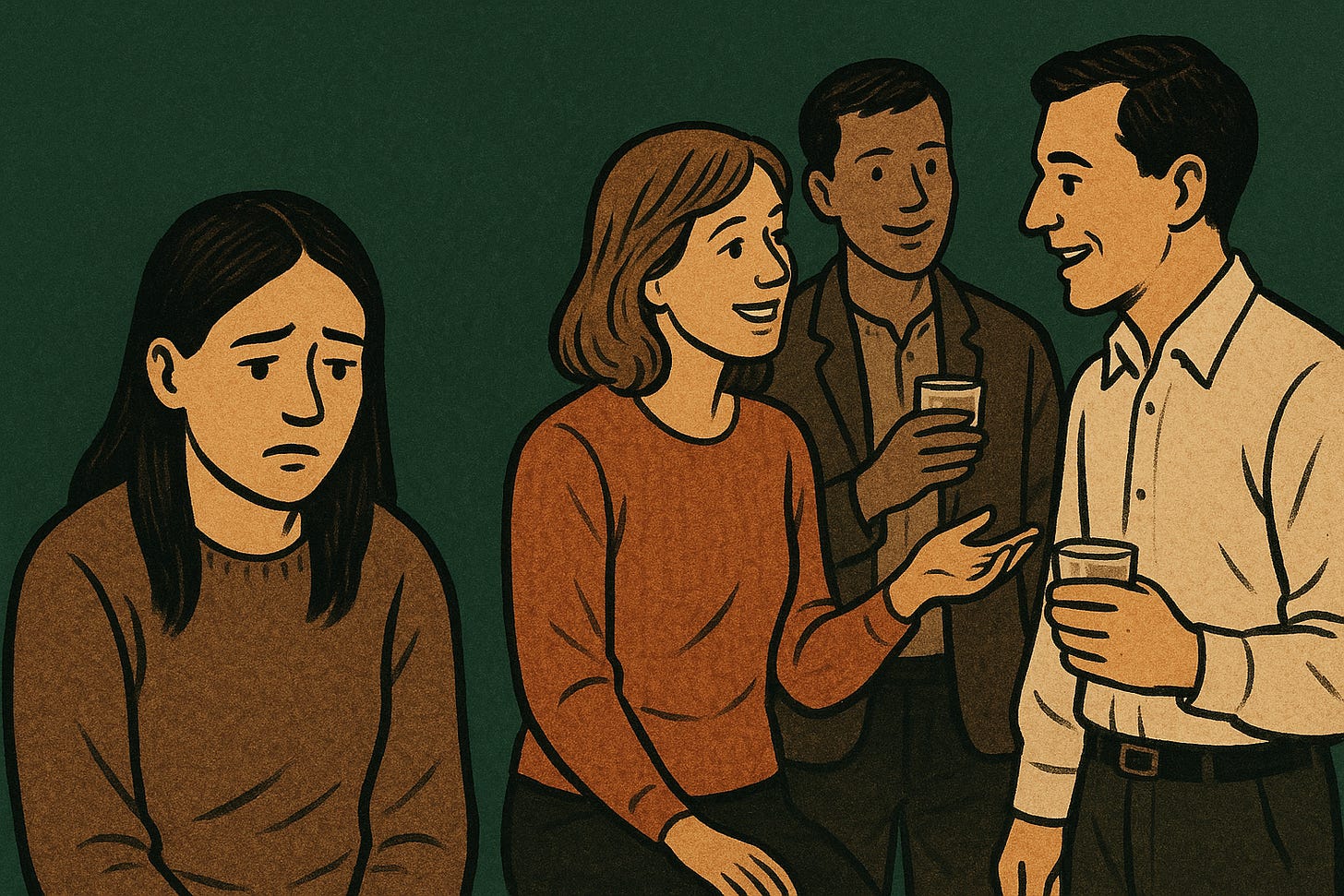It’s Not You! Making Friends as an Adult Is Hard
We Grew Up, but Our Friendships Didn’t
Friendship used to be effortless. It happened in school hallways, between shared lunches, or after long afternoons spent doing absolutely nothing.
You didn’t plan it; you simply existed near someone long enough for a connection to grow. But as adults, something shifted.
Making friends now feels like an emotional project that competes with work, family, and the quiet exhaustion of just getting through the week.
Why is it so hard?
Part of the answer lies in how adulthood is structured.
Our days are optimised for productivity, not connection.
We are told to network, not bond; to manage relationships, not nurture them. The architecture of our lives, remote work, urban living, and constant mobility, makes proximity, one of the oldest friendship builders, increasingly rare. You can’t grow roots when you keep moving the soil.
Then there’s vulnerability. As kids, we offered ourselves freely. As adults, we guard ourselves carefully. The older we get, the more experiences and hurts we collect. We start filtering who we let in, fearing rejection or judgment.
We learn to protect our image, our time, our hearts. But friendship doesn’t thrive behind walls; it needs exposure, awkwardness, and shared imperfections.
Another reason it’s hard: we underestimate how intentional friendship requires us to be. When you’re young, circumstances create friendship: school, clubs, shared routines.
As an adult, you must design it.
You have to send the message, schedule the coffee, and follow up after months of silence. It can feel one-sided, even transactional, until it doesn’t. Genuine connection now demands initiative, persistence, and patience, things we often reserve for career goals, not companionship.
And yet, beneath the busyness, many of us are lonely. Not the dramatic kind, but a low hum of emotional disconnection. We scroll through people’s lives online and mistake it for closeness.
We reply to group chats with emojis instead of honesty. We crave belonging but rarely create the conditions for it to grow.
The paradox of modern adulthood is that we’re constantly connected, but seldom known.
Still, there’s hope. Making friends as an adult may be harder, but it’s also deeper. With age comes clarity: we know who we are, what matters, and the kind of people who bring peace instead of noise.
The friendships we form now may be fewer, but they’re forged from choice, not convenience. They often start with small bravery; a message sent, an invitation offered, a moment of openness.
So maybe friendship isn’t dying; it’s just evolving. We no longer stumble into it; we build it, slowly and deliberately.
Like tending a garden, it asks for consistency more than intensity. The reward? Not just people to spend time with, but companions to share the long, complicated beauty of being human.
Because even as adults, perhaps especially as adults, we don’t outgrow our need for connection. We just need to remember how to make room for it again.
I have just updated a video on Youtube sharing 3 things to do!
Thank you for reading. Your time and attention mean everything. This essay is free, but you can always buy me coffee or visit my shop to support my work. For more thoughts and short notes, please find me on Instagram.



